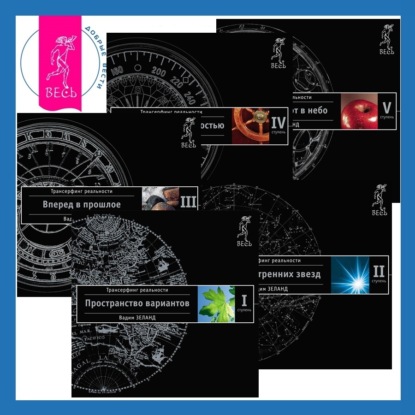A pioneering comparative analysis of colonialism in the New World and Holy Land, exploring the ways in which settler societies transform theological narratives into national histories to justify their occupation of foreign land.
Steven Salaita"s ambitious and thought-provoking work compares the dynamics of settler colonialism in the United States related to Native Americans with the circumstances in Israel related to the Palestinians, revealing the way in which politics influences literary production.
The author"s original approach is based not on similarities between the two disparate settler regions but rather on similarities between the rhetoric employed by early colonialists in North America and that employed by Zionist immigrants in Palestine. Meticulously examining histories, theories, and literary depictions of colonialism and interethnic dialects, Salaita identifies the commonalities in the myths employed by both groups as well as the "counter-discourse" cultivated in the literature of resistance by native peoples. He complements his analysis with personal observations of Palestinians in Lebanese refuge camps, where he encountered a sympathetic perception of American Indians.
The Holy Land in Transit presents one of the first intercommunal studies to assess the ways in which indigenous authors react to analogous colonial dynamics. With great energy and perception the author offers a fresh contribution to an emerging frame of reference for historical, political, literary, and cultural investigation. Это и многое другое вы найдете в книге The Holy Land in Transit: Colonialism And the Quest for Canaan (Middle East Studies Beyond Dominant Paradigms) (Steven Salaita)















